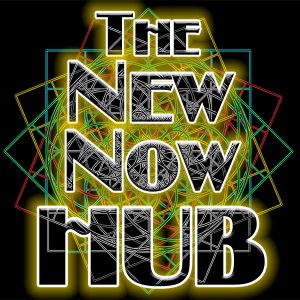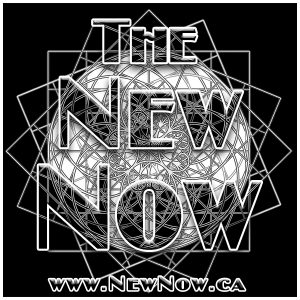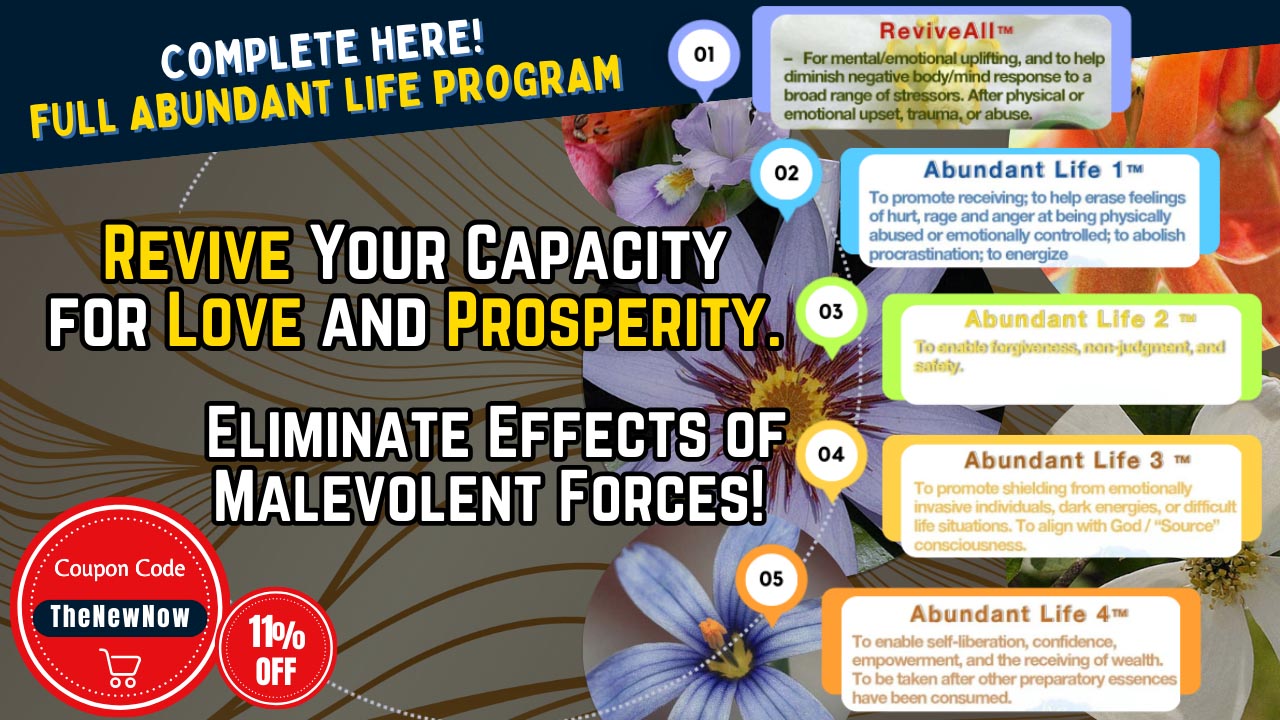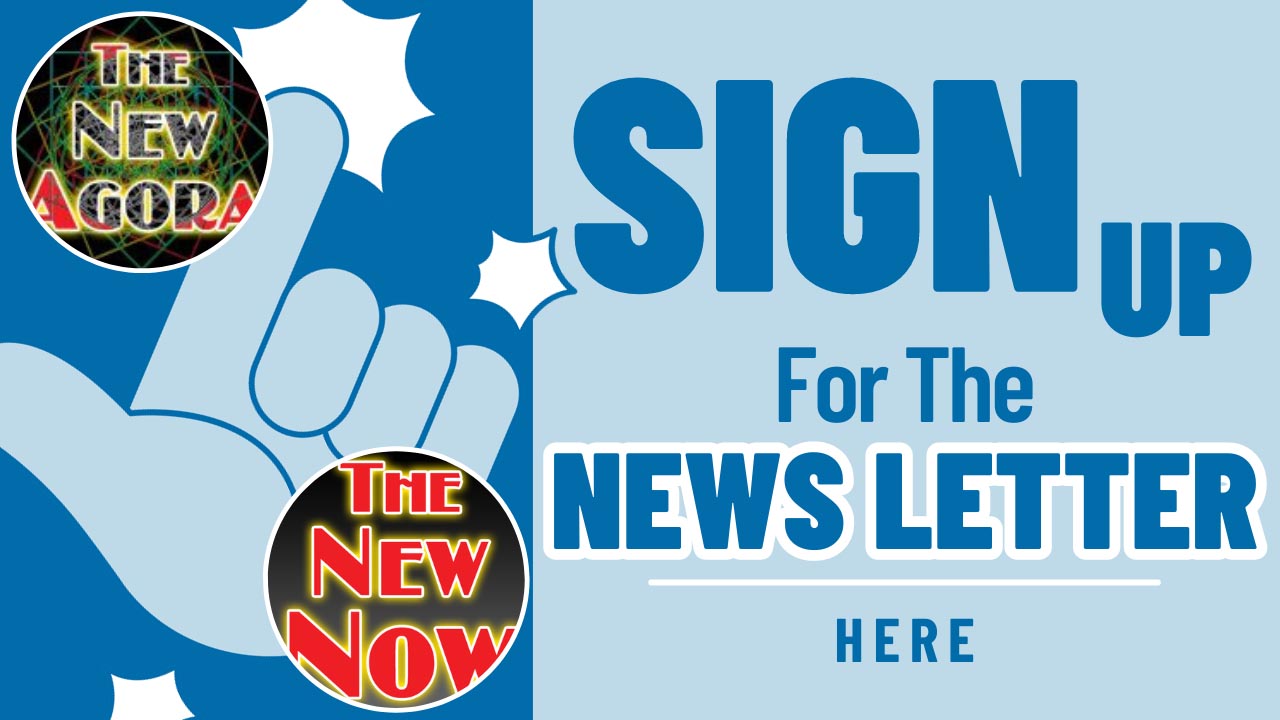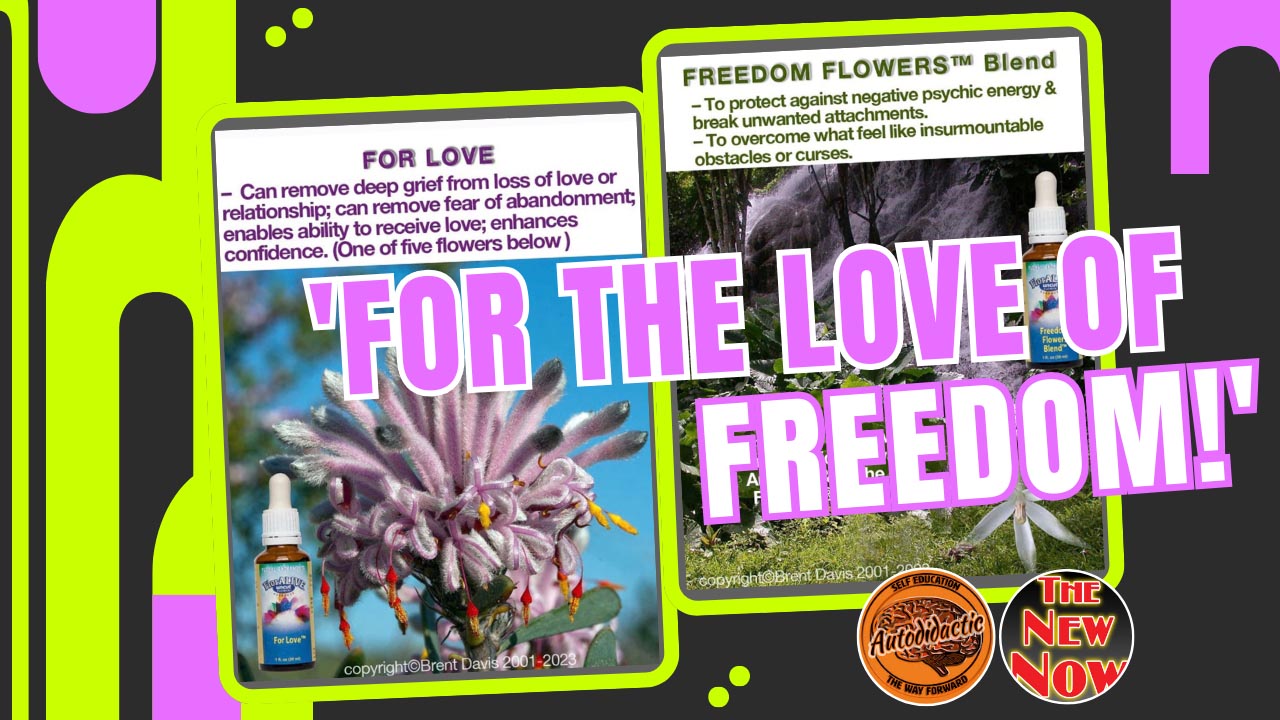The Secret Behind Public Policy “Think Tanks”
By Chuck Black
”Media provides propaganda for the masses but “Think Tanks” focus on “unravelling complexity” for decision makers using methodologies focused around “Problem, Reaction and Solution.”
Sociopúblico Srl is a small, privately owned “strategy and communications agency” based in Argentina with offices in Buenos Aires, Montevideo and Washington DC.
The firm focuses on “conveying complex ideas,” to world leaders though an international network of public policy “influencers” known colloquially as think tanks.
It’s even published a worldwide and searchable list, the On Think Tanks website, to “support and strengthen the work of research organizations, foundations, governments and others in support of better-informed decision making.”
Seventy-eight Canadian think tanks are listed in the database. According to the website:
On Think Tanks is a leading global source of information, support and community for people working in, with and funding think tanks. We create a space to connect, learn and exchange knowledge, ideas and resources.
We believe that progress needs better-informed decision making. We exist to build, strengthen and champion a unique community of individuals and organizations who generate, communicate, use and fund evidence on matters of public interest.
The core of most current think tank methodology is wrapped around a concept known as “action research.”
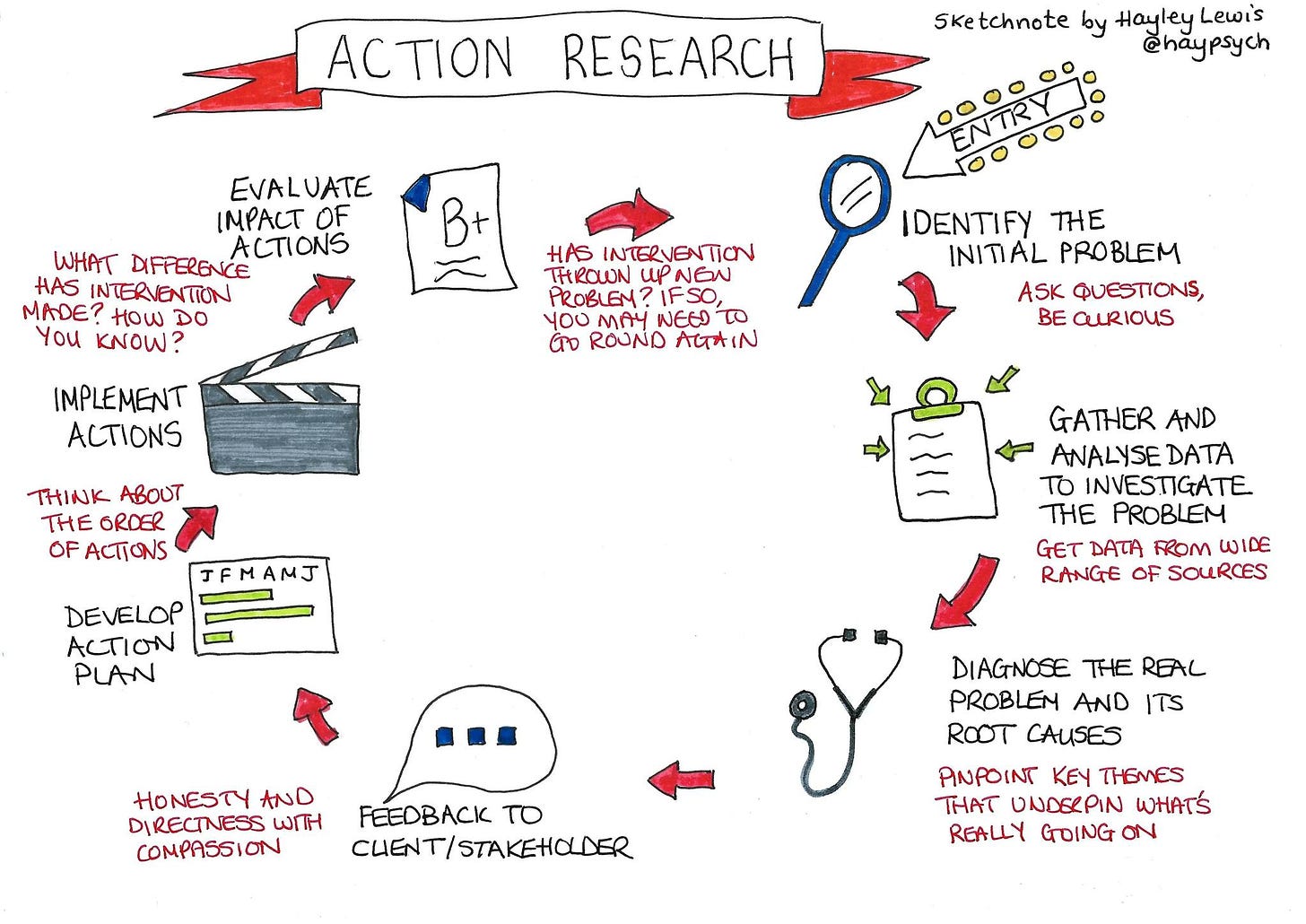
Action research is defined academically as:
… a research method that aims to simultaneously investigate and solve an issue. In other words, as its name suggests, action research conducts research and takes action at the same time.
It was first coined as a term in 1944 by MIT professor Kurt Lewin.
The “action research“ strategy, first popularized in the social sciences, is at odds with the traditional methodology of science, which calls for careful observation, rigorous skepticism, independent critiques of assumptions which could distort observation, the development of testable and independently verifiable hypotheses based on such observations and the importance of peer review.
The methodology used by action researchers instead calls for repetitive cycles of:
- Initial planning, mostly organized by social scientists or public figures working together and interested in solving a self-defined problem or testing out new theories.
- The implementation of public policy legislation by government and private sector organizations based on the planning decisions previously decided in the “planning” stage.
- A short period of “measuring results” to ascertain whether or not the initial theories have been justified and expected results have been obtained, followed by additional rounds of planning, action and measuring results.

The methodology isn’t so much science as its “trying things out to see what happens and then guessing the next step to accomplish the desired goal.”
For example, under action research:
- Everyone works together, so independent peer review is impossible.
- Experiments are performed on the entire system, rather than on just a small subset of the system, which makes it difficult to re-establish a baseline at the conclusion of the experiment or critique underlying assumptions.
- The end result is mostly predetermined, which is why peer review and critiquing underlying assumptions isn’t needed. Additional steps are only needed to fine tune the solution, in order to obtain the originally expected end result.
It’s also interesting to note that “action research“ strategy parallels the Hegelian Dialectic of “thesis, antithesis and synthesis” which is often interpreted as “problem, reaction, solution,” by modern authors.
The planning defines the “problem” needing to be solved; while the implementation of public policy is the initial “reaction” to the problem as defined in the planning stage; and the final “solution,” which may never occur in reality, is always considered to be on the cusp of being solved by the next cycle.
While the legacy of Hegelian and its close cousin, Marxian dialectics have both been criticized as being “unscientific” by philosophers such as Karl Popper and Mario Bunge, Lewin’s methodologies have contributed to the incredible growth of “activist” government over the last eighty years.
An activist government, functioning under an “action research” methodology guided by think tanks sees no real need to solve public policy issues, since the cycles of “problem, reaction and solution” wouldn’t need to continue and activism would cease if the problem was ever solved.
Many government, think tank employees and contractors would loose their jobs if the cycle came to an end.

As outlined in the April 10th, 2019 University Affairs post, “Think tanks fill an important niche within Canada’s public policy landscape,” there are approximately 7000 think tanks in operation worldwide with approximately 100 located in Canada.
…they are generally seen as a grouping of scholars, academics and other professionals who conduct policy-related research, analysis and advocacy on issues linked to a specific area of interest.
The only real differentiation between them, at least according to University Affairs, is where and how they get their money and what they advocate for.
Think tanks do benefit universities by giving academics another useful job option to test policies developed in academia under real world conditions.
But the think tanks themselves still need to support their operations. According to the post:
While some think tanks charge fees for their services, the majority rely heavily on fundraising. “The bulk of their money comes from four main sources: philanthropy, corporations, private sources and government,” says Dr. Abelson. “A very small number have endowed funding.”
This puts think tanks in the very same position as organizations such as the World Health Organization (WHO) which, as outlined in the October 10th, 2023 Freedom Forum post, “The WHO is Simply the Medical Marketing Arm of Whoever Happens to Be Funding It,” spends most of its time attempting to promote and implement policy decisions advocated by it major financiers.
Those financiers also include major governments and/or organizations intent on disrupting the existing public policy infrastructure and replacing it with something more beneficial to their interests.
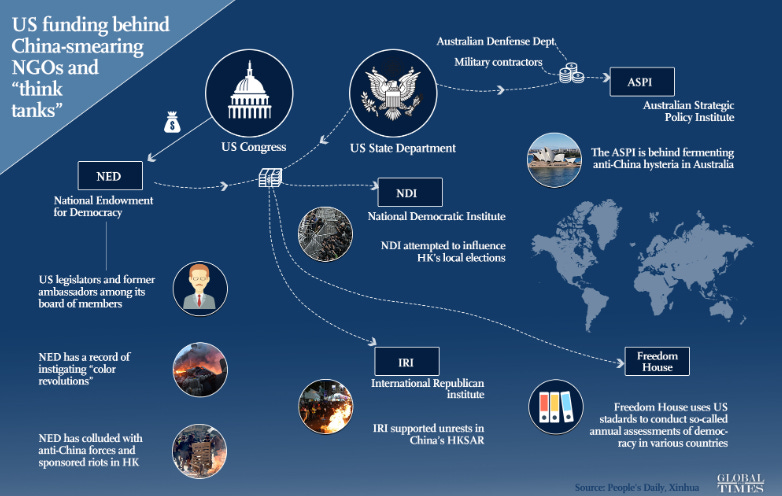
As outlined in the October 16th, 2020 Global Times post, “Chinese politicians and experts call on the US to look in the mirror to reflect on how its funding has tainted think tanks,” both the US and Chinese governments fund officially independent think tanks designed to intentionally disrupt their respective nations opponents and further their nation’s interests.
In Canada, conservative think tanks disparage Liberal and NDP think tanks and vice versa.
Some have become powerful and influential.
As outlined in the October 12th, 2017 MacLean’s post, “Inside the ‘progressive’ think tank that really runs Canada,” a small think tank, the Ottawa ON based Canada 2020 was instrumental in propelling Justin Trudeau to power in the 2015 election.
Maybe the freedom movement needs to study the methodologies used by think tanks around the world to pressure politicians and legacy news outlet and adapt some of those tactics for freedom loving causes.
Here’s hoping.
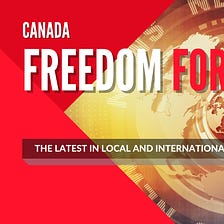
Chuck Black
Freedom Forum News






